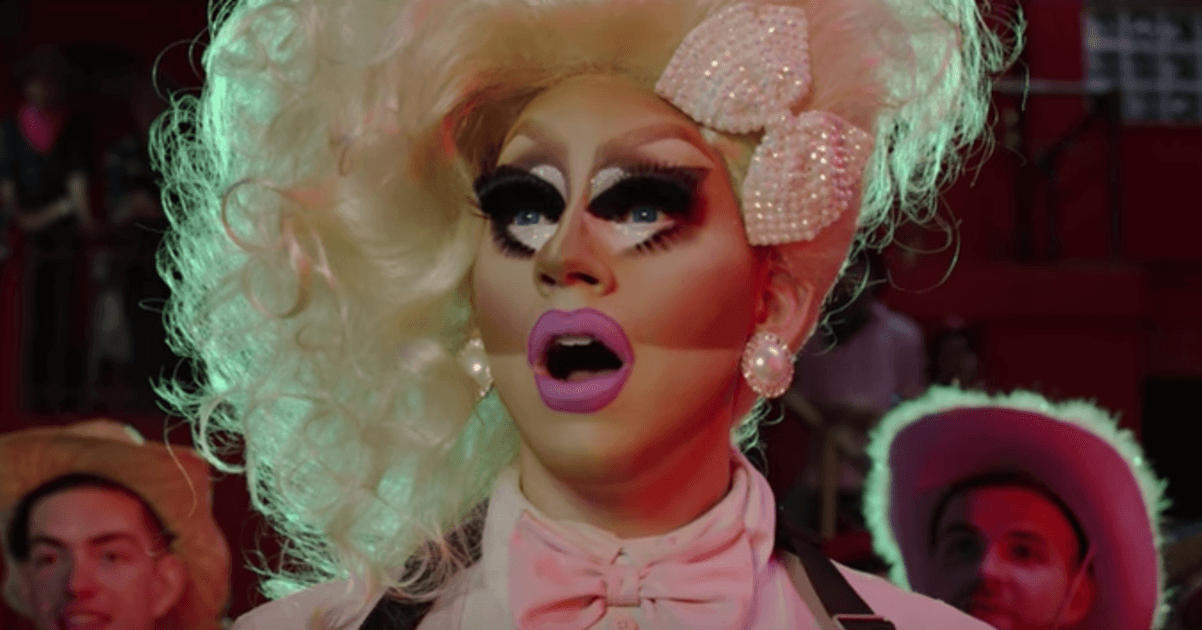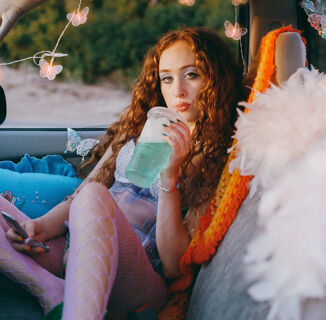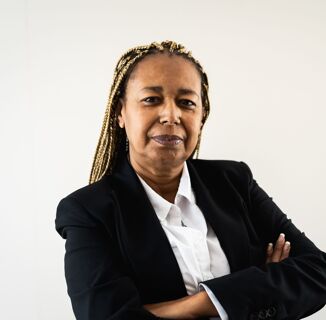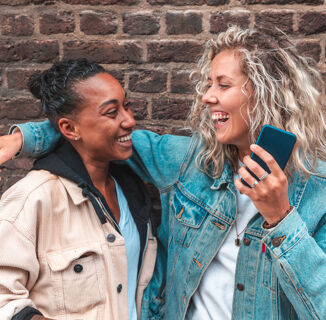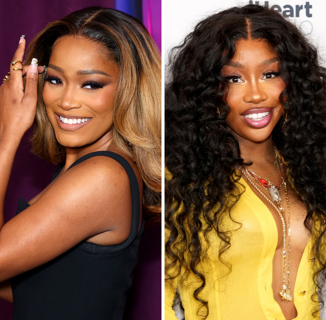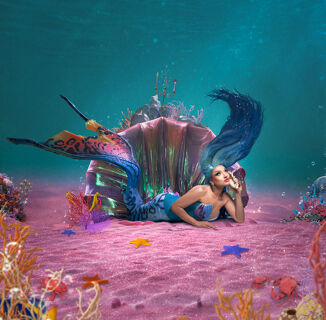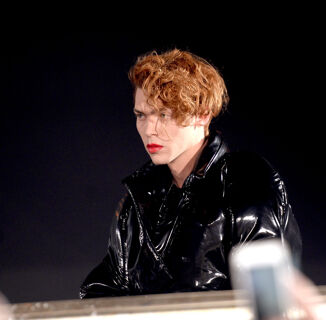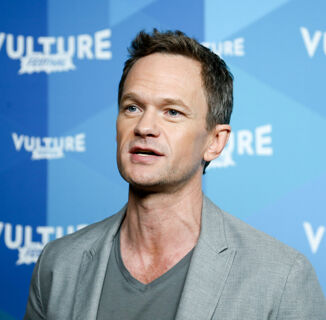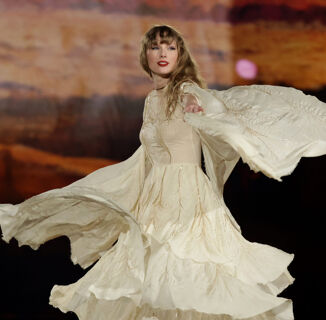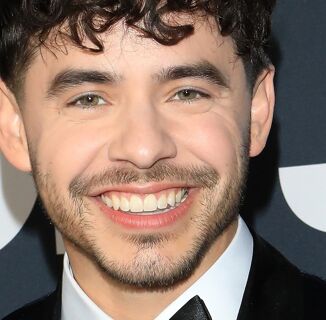Country music went gay in 2017.
Kesha, Miley, and Lady Gaga all released country-inspired albums. Trixie Mattel’s country album reached number two on iTunes, and even Shania Twain, a gay karaoke favorite, had a comeback.
This resurgence of country music sneaking onto my Spotify feed spurred a nostalgic longing for the music of my youth. But with reminiscence lurks the reminder of why some things are better left in the past.
Like all queer people, I spent my childhood looking for glimmers of myself in television and music this co-opting of media is, after all, one of our best survival mechanisms. From teen witches to Disney villains to Muppets, we can draw connections from our own lives to the struggles of underdogs.
Growing up in the glistening buckle of the Bible Belt, country music was all I had to work with.
Pokémon and Buffy the Vampire Slayer were banned from my house on the grounds of “witchcraft.” The Babadook was not yet on Netflix, and I was too young to recognize just how painfully gay Scar is. The closest outlet I had for anarchic rage was The Dixie Chicks screaming about President Bush.
As a kid, I would wake up early to rush into my mom’s room and watch CMT’s top 20 video countdown. I’d sit through 19 videos of paunchy white men singing about girls or horses, waiting for Carrie Underwood to appear decked out in Ed Hardy and rhinestone, fingerless gloves for “Before He Cheats.”
In the video she flirts with you, staring right into the camera while crooning her lover’s infidelities. Her makeup is flawless for the era (2005) and sparks fly behind her leather jacket. Her voice rises to a crescendo as she struts over to her ex’s car holding a bat, Lemonade style and, well, you know the rest.
Songs of rebellion and perseverance by Miranda Lambert taught me to stand up for myself. I once memorized every frame of Jessica Simpson tramping around in cherry red boots for her cover of Nancy Sinatra’s “These Boots Are Made for Walking.”
While taking in this music, I unconsciously rebuked the hyper-masculine ideals impressed on me. When I needed music to match my mood for how at odds I felt with the world, the rage and determination often sung by female country singers became easy to pull from.
And too many female country legends are simply incredibly gay.
Dolly Parton and Reba are go-tos for drag queen impersonations. The former often draws a comparison between queer struggles and her “[fight] for the right to be [herself].” But the allure is not just in the similarities of our battles, but the way in which they’ve fought them defiant, unabashed, firm in their sense of self. I drew from them a confidence necessary to survive in a world built against us.
Yet country artists’ outspoken music is what makes their silence on other issues so noticeable.
Increasingly, these songs of empowerment feel more like endorsements of a hetero-masculine system that oppress us. Men sing about beer and backroads they were born kings of, and the women sing about them. Whiteness seeps from every lyric.
Outside of the music, the genre has always been closely associated with conservative politics and groups like the NRA. As I grew up and realized there is more to the world than bootcut jeans and pickup trucks, the discord between country music and the ethos of my generation became louder. It was because of this silence on, and by extension an endorsement of, conservative ideals harmful to so many of us that I forsook country music.
And in that silence, I noticed how country music fans acted.
The teens who didn’t shift their taste to pop or alternative or hip-hop were the same ones muttering faggot. People like me didn’t listen to country music, and people like them did.
In the decade that followed, I filled the gap with more diverse, progressive artists whose dissidence I didn’t have to guess from song lyrics alone. And in my absence, a few country artists got bolder.
Faith Hill and Tim McGraw, the RuPauls of Nashville, have long been critical of southern conservatism. The Vegas shooting at the Route 91 Harvest music festival in October prompted more country artists to speak out. Rosanne Cash wrote an op-ed urging country artists to be more decisive when it comes to their public politics. “The laws the N.R.A. would pass are a threat to you, your fans, and to the concerts and festivals we enjoy,” Cash wrote while also mentioning the abundance of threats and sexist comments she gets for speaking up on gun control.
In January the American Family Association, one of the most powerful groups in the religious right, criticized Carrie Underwood’s involvement in an Atlanta evangelical conference because of her support for gay marriage.
Regardless, country music fans still support Underwood. She returned to host the CMA awards in November for the tenth consecutive time. It may seem the Dixie Chicks’ expulsion from Nashville after criticizing Bush is a thing of the past, but Underwood remains the exception.
As the country becomes more politically divided, white nationalists have risen on the side of the conservative right. And the artists keep mum, profiting from the American Nazi’s championing of country music’s whiteness. It’s this political silence that drew Taylor Swift flack in reviews of Reputation and reminded us all of her country roots.
The world of country music has long been held in contempt by the rest of us for, at best, their apolitical stance, and at worst their support of homophobic and racist views.
Seeing how little progress the country music world has made during my decade-long sabbatical dissuades me from easing back into the genre. But I still find myself longing to forgive my problematic childhood in the deep South.
This music was integral to my formative years. I suffered through my first straight-boy crush with “Teardrops on my Guitar.” I battled depression with Jo Dee Messina’s “That’s the Way” and Sugarland’s “It Happens.” Lee Ann Womack and Faith Hill made me feel like someone cared.
It’s not an easy task to ignore where you came from. So many of us grew up in the South with food and music and customs that are fundamental to who we are. Even when we run away, there is inherent comfort in our childhood.
Recent films like Moonlight and Beach Rats depict the internal struggle of trying to admit who you are while accepting where you came from. The conflict arises when where you came from denies you. Until country artists speak up and fans follow their lead, there is no way to easily enjoy the product of a community with such dangerous beliefs.
While more inclusive artists may be adopting country music, I don’t think it is yet time for us to delve back into the source material. With such a fresh and continuing history of discrimination, country artists can’t idolize the South without disavowing its ugly side.
Which is a true shame considering all of the beauty and ingenuity being lost on people refusing to give up the Confederate flag or bake a wedding cake.
Help make sure LGBTQ+ stories are being told...
We can't rely on mainstream media to tell our stories. That's why we don't lock our articles behind a paywall. Will you support our mission with a contribution today?
Cancel anytime · Proudly LGBTQ+ owned and operated
Read More in Culture
The Latest on INTO
Subscribe to get a twice-weekly dose of queer news, updates, and insights from the INTO team.
in Your Inbox

